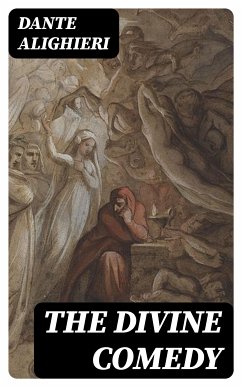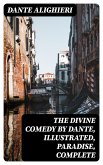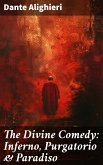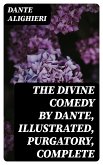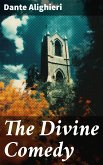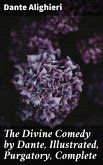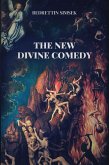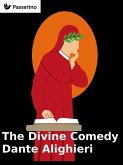The Divine Comedy, written by Dante Alighieri in the early 14th century, is a monumental epic poem that explores the soul's journey towards God, encapsulated within the structure of Hell (Inferno), Purgatory (Purgatorio), and Heaven (Paradiso). Dante employs a rich tapestry of allegory and symbolism, blending classical mythology with Christian theology, and his innovative use of the vernacular Tuscan dialect marks a pivotal shift in Italian literature. This work not only reflects the medieval worldview and the interplay of fate, free will, and divine justice but also serves as a profound meditation on human nature and moral philosophy, contributing significantly to the literary context of the Renaissance and beyond. Dante Alighieri, a political figure and a poet from Florence, was deeply influenced by the tumultuous events of his life, including exile from his beloved city. This personal strife, combined with his extensive knowledge of classical texts and Christian teachings, shaped the moral and spiritual themes of The Divine Comedy. His dedication to using literature as a means of societal reflection underscores his desire to guide readers towards enlightenment and moral rectitude. Readers seeking an illuminating exploration of the human condition will find The Divine Comedy indispensable. Dante's intricate narrative and philosophical depth invite both scholars and casual readers to reflect on the universal themes of sin, redemption, and the pursuit of divine truth. This timeless masterpiece continues to resonate with contemporary audiences, making it an essential read for anyone interested in literature, theology, or the human experience.
Dieser Download kann aus rechtlichen Gründen nur mit Rechnungsadresse in A, B, BG, CY, CZ, D, DK, EW, E, FIN, F, GR, H, IRL, I, LT, L, LR, M, NL, PL, P, R, S, SLO, SK ausgeliefert werden.

